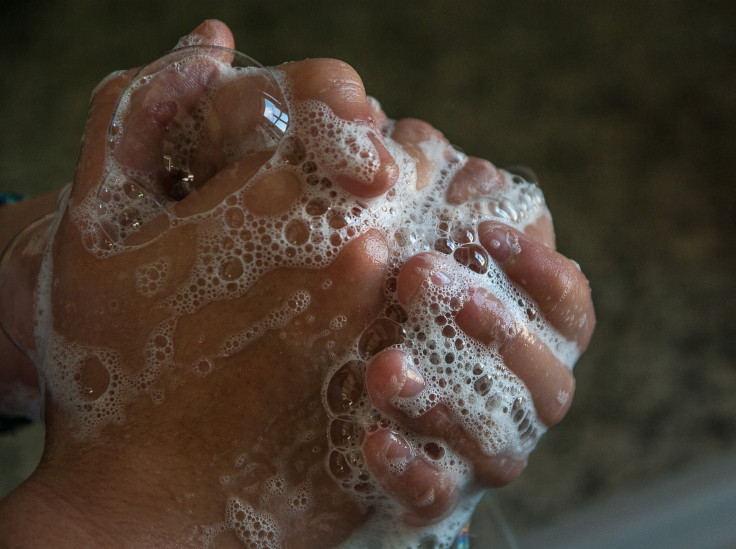Why Scientists Are Concerned About Triclosan

While formerly popular antimicrobial ingredients triclosan and triclocarban were removed from soaps following orders from the United States Food and Drug Administration last year, scientists are now calling for stricter regulations around the world. Published in the journal Environmental Health Perspectives, "The Florence Statement on Triclosan and Triclocarban", is backed by medical professionals and scientists. It warns about the dangers of the two ingredients’ widespread use around the world.
As the authors point out, these potentially harmful ingredients are in more than just soap. “Triclosan and triclocarban are used as antimicrobials, a class of chemicals present in >2,000 products including soaps, toothpastes, detergents, clothing, toys, carpets, plastics, and paints. In personal care products like hand soap, there is no evidence that use of triclosan or triclocarban improves consumer or patient health or prevents disease.”
Popular toothpaste brand Colgate Total, for example, contains triclosan. The company acknowledges the controv ersy surrounding triclosan on its website and provided a statement about its safety in toothpaste. “The truth is this: while the FDA may be unconvinced by the support submitted by the soap companies, that’s not the case with Colgate Total. Our toothpaste was approved through the FDA’s New Drug Application (NDA) process, the same rigorous review the agency conducts for prescription medications. After an exhaustive review, the agency determined that Colgate Total provides a meaningful therapeutic benefit and is safe for consumers. Colgate Total’s NDA approval has not changed in any way.”
Despite the continued use of the ingredient in toothpaste, this new paper wants to put an end to that. One big cause for concern is that studies in animal models show that the chemicals can cause hormonal changes and possibly affect fertility and sexual development, reports New Scientist. However, there is no evidence indicating that this is true for people, too.
“The problem with triclosan is that there is still limited evidence on its potential damage in humans,” Lidia Mínguez-Alarcón, a research fellow in the department of environmental health at the Harvard T.H. Chan School of Public Health, told New Scientist.
Additionally, avoiding the chemicals altogether prove to be a challenge as they are found in hundreds of items.
“If you’re concerned about antimicrobials entering your body, then getting rid of antimicrobial personal care products is the best way of limiting exposure,” Rolf Halden, an author of the statement and the director of the Biodesign Center for Environmental Security at Arizona State University, told the website.“But limiting exposure to zero is almost impossible right now.”
The authors of the paper urge retailers, manufacturers, consumers and governments to avoid using triclosan, triclocarban, and other antimicrobial chemicals, unless there is a health benefit backed by scientific evidence. They also believe all products need to be clearly labeled and that safer alternatives should be used.
Copyright Medical Daily News Service. All rights reserved.











